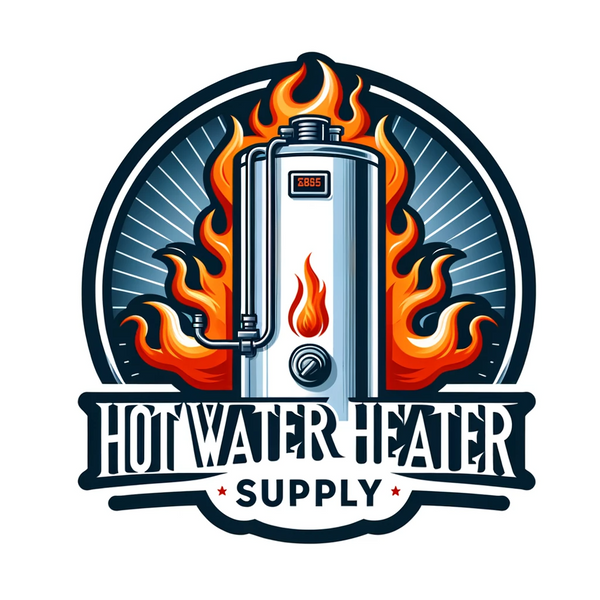A well-maintained water heater is fundamental to the comfort of your home, providing consistent hot water while operating efficiently. Regular maintenance not only extends the lifespan of your water heater but also improves its efficiency and prevents unexpected breakdowns. Here are essential maintenance tips to keep your water heater in top condition.
Annual Inspection and Sediment Flush: Sediment buildup can significantly affect your water heater's performance and efficiency. It's recommended to flush your water heater at least once a year to remove sediment that accumulates at the bottom of the tank. This process involves draining the tank to clear out the debris, which can improve heating efficiency and prolong the life of your heater.
Check the Anode Rod: The anode rod plays a critical role in preventing corrosion inside the water heater tank. Over time, the rod itself corrodes, which is a normal process that protects the tank. However, once the anode rod is significantly worn down, it can no longer protect the tank from rusting. Checking the anode rod annually and replacing it when needed (usually every 3 to 5 years) is essential for preventing premature tank corrosion.
Test the Temperature-Pressure Relief Valve: The temperature-pressure relief (TPR) valve is a safety feature that prevents your water heater from operating under unsafe pressure levels. Testing this valve annually is crucial to ensure it's functioning correctly. Lift the valve’s lever and let it snap back; you should hear a gurgling sound as water is released into the drain tube. If the valve doesn’t release water when tested or if it's leaking, it's time to replace it.
Adjust the Temperature: Setting the temperature on your water heater to 120°F (49°C) can help save energy and prevent scalding, while still providing enough hot water for your needs. Higher temperatures can accelerate the buildup of minerals and corrosion, reducing the efficiency and lifespan of your water heater.
Insulate Older Units: For older water heaters, insulating the tank and the first few feet of the hot and cold water pipes can help reduce heat loss, saving on energy costs and improving efficiency. Most new water heaters come pre-insulated, but adding extra insulation to an older model can make a significant difference in performance.
Regularly Check for Leaks: Regular inspections for leaks or signs of corrosion around your water heater can catch issues before they lead to significant damage or failure. Check the base of the tank, the inlet and outlet connections, and the surrounding area for any signs of moisture or water damage.
Professional Maintenance: While many aspects of water heater maintenance can be DIY, having a professional plumber conduct an annual inspection can catch issues that might be overlooked. A professional can thoroughly inspect the unit, perform necessary maintenance tasks, and advise on any potential concerns.
In conclusion, regular maintenance is the key to ensuring the longevity and efficiency of your water heater. By following these essential tips, you can avoid unexpected breakdowns, save on energy costs, and enjoy the consistent hot water supply that your household relies on. Don't wait for problems to arise; proactive maintenance is the best strategy for keeping your water heater running smoothly for years to come.
